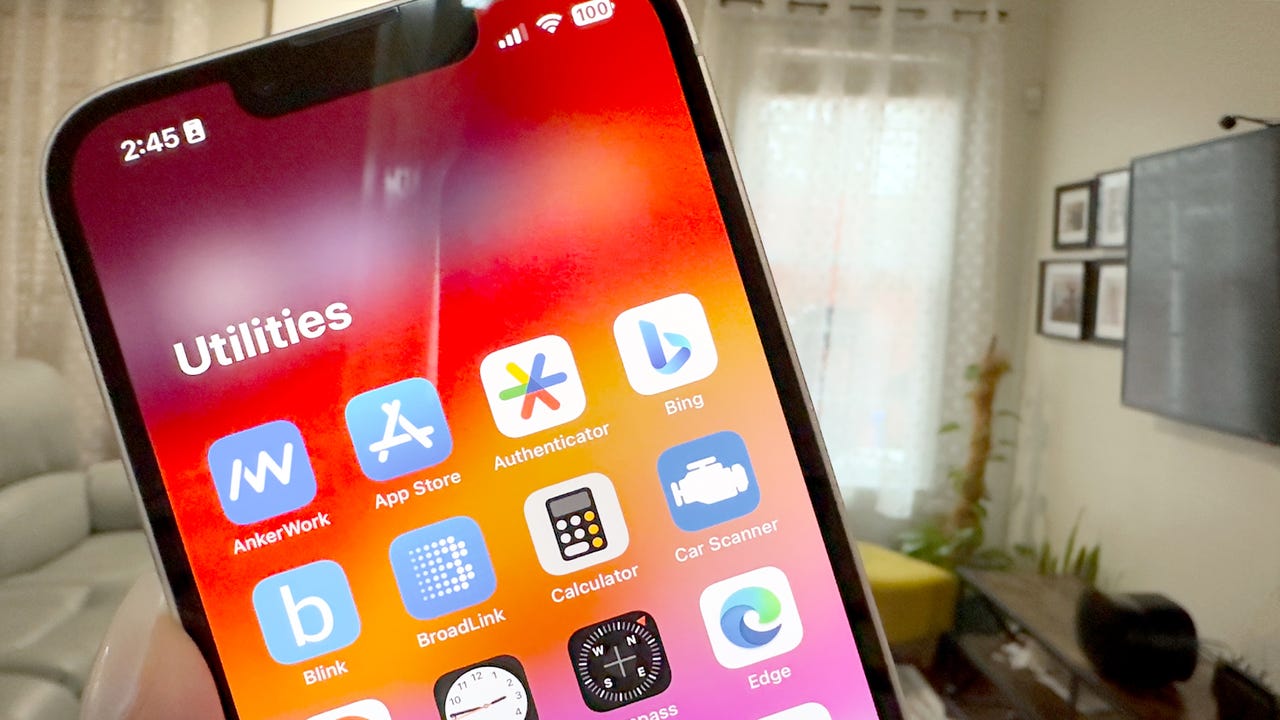
































Apple has been forced to allow sideloading apps in the European Union (EU) to comply with the Digital Markets Act (DMA). The sideloading feature is not available in the US and is restricted to the 27 countries that comprise the EU. But the existence of this feature may make you wonder if there are ways to circumvent the regional restriction and sideload apps outside the EU.
The ability to sideload apps onto an iPhone arrives with iOS 17.4, currently available in beta, for countries within the EU. If you're thinking of getting a VPN for your iPhone to test it out, you may want to think twice. A person using a VPN would be unable to sideload apps on an iPhone outside the EU, at least according to Apple's comments to .
Also: Ring removes tool police used to request camera footage in Neighbors app
Before an iPhone user can even try their hand at sideloading apps, Apple will automatically check that their device meets a list of different requirements, including the user's Apple ID billing address, their device's current location, iOS settings, and the type of device.
A system called "countryd" in iOS gives Apple this insight to determine whether or not you can download apps from a source other than the App Store, according to 9to5Mac. The media outlet also reports that devices from China are restricted from sideloading apps.
Apple has reiterated that the new capabilities, which ensure compliance with the DMA, also make the people who use them more vulnerable to cyberattacks, which is why it's not offering these changes outside the EU.
Also: These smart glasses put Amazon Alexa on my face for two weeks - and I didn't hate it
Sideloading involves downloading applications from a source other than the device manufacturer's official app store. While the Android operating system allows users to sideload apps, Apple has kept its restrictive ecosystem closed to sideloading and many other capabilities.
But now, thanks to DMA compliance, iPhone users in the EU can also use an alternative NFC payment method to Apple Pay, expand app analytics, launch new APIs to create browsers using alternative engines to WebKit, and more.
Also: Apple Podcasts is adding automatic transcripts that work like captions
In the EU, apps are no longer required to be available only on the App Store to run on iOS devices. However, they must still undergo a review process from Apple. The company says all apps will undergo notarization, which is a process that Apple uses to check the app's basic information and to perform security checks.
Apple told that notarization is a more limited process than its traditional App Review, which is performed on apps available in the App Store.
 Tags quentes :
Tecnologia
Tags quentes :
Tecnologia